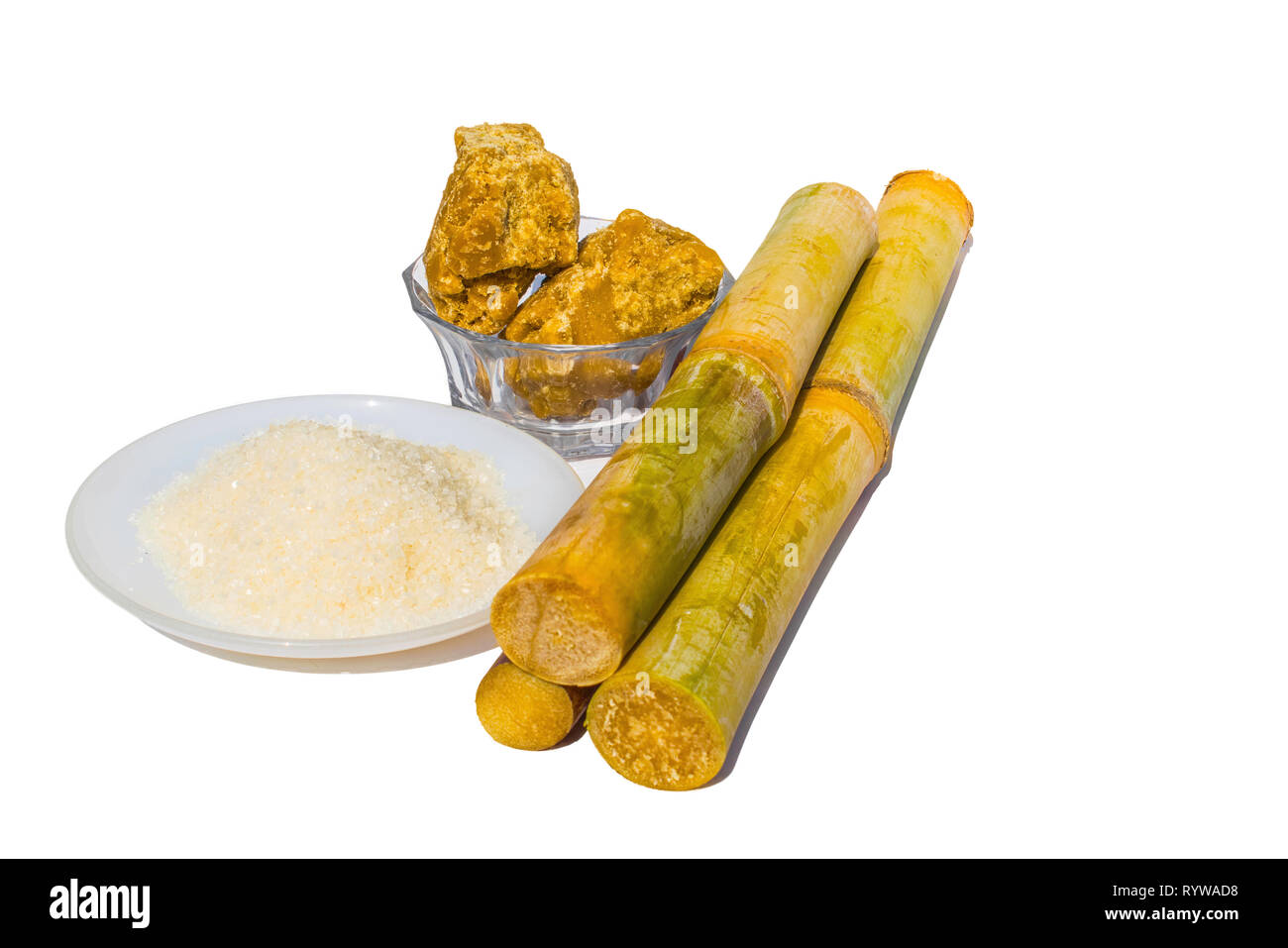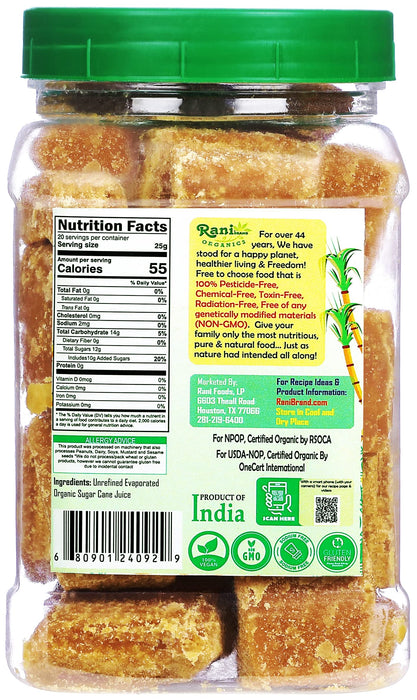Sugarcane Product: A Natural Sweetener for Fit Individuals
Sugarcane Product: A Natural Sweetener for Fit Individuals
Blog Article
Lasting Sugarcane Products: From Sweeteners to Eco-Friendly Goods
The potential of sustainable sugarcane items prolongs past traditional sweeteners to encompass a variety of environmentally friendly goods, providing an engaging instance for their assimilation right into modern customer techniques. As the world grapples with pushing ecological issues, sugarcane emerges as a functional source capable of attending to both dietary demands and sustainability objectives.
Overview of Sugarcane Sustainability
As the need for eco-friendly items expands, recognizing sugarcane sustainability comes to be progressively important. Sugarcane, a functional crop, is grown mainly in subtropical and tropical areas, and its sustainability is crucial for both environmental health and wellness and financial viability. Lasting sugarcane farming practices concentrate on minimizing ecological influence while optimizing performance and profitability.
Trick elements of sugarcane sustainability consist of effective land usage, decreased chemical input, and boosted water monitoring. Practices such as plant turning, incorporated bug monitoring, and organic fertilization add to dirt health and wellness and biodiversity. In addition, cutting-edge innovations, such as precision agriculture, help enhance source usage and reduce waste.
Additionally, sugarcane is a renewable energy, with by-products that can be used in various sectors, from biofuels to biodegradable plastics, thereby reducing dependence on fossil gas and decreasing carbon footprints. Certifications like the Bonsucro basic encourage sustainable practices throughout the supply chain, promoting transparency and liability.

Sugarcane-Based Sugar
Making use of sugarcane as a primary source, sugarcane-based sweeteners have obtained prominence as all-natural alternatives to man-made sugar and refined sugars (sugarcane product). These sweeteners, obtained from the extraction and handling of sugarcane juice, provide a range of products that accommodate varied consumer choices, consisting of organic and minimally processed alternatives
Amongst the most remarkable sugarcane-based sweeteners are raw cane sugar, panela, and molasses. Raw walking cane sugar retains more of the all-natural tastes and nutrients located in sugarcane, making it a favored choice for health-conscious customers. Panela, a traditional Latin American sugar, is generated by evaporating sugarcane juice, maintaining its all-natural minerals and vitamins. Molasses, a byproduct of sugar extraction, is rich in anti-oxidants and crucial nutrients, acting as a nourishing sweetening representative in different cooking applications.
The expanding demand for sugarcane-based sweeteners is driven by increasing recognition of health and sustainability problems related to standard sugar. By choosing sugarcane-derived products, customers not only support lasting farming techniques but also contribute to a much healthier lifestyle, straightening their nutritional choices with their environmental values.
Eco-friendly Packaging Solutions
Arising as a viable choice to standard plastics, eco-friendly packaging options stemmed from sugarcane are changing the packaging market. These innovative materials supply an eco-friendly alternative that resolves the growing concerns over plastic pollution. Utilizing the natural sugars located in sugarcane, manufacturers are developing numerous kinds of naturally degradable packaging, including movies, containers, and covers that decay much more rapidly than typical plastics.
The main benefits of sugarcane-based packaging depend on its sustainable sourcing and its capability to break down right into safe byproducts. Unlike fossil fuel-derived plastics, which can continue the environment for hundreds of years, sugarcane product packaging generally decays within a few months under correct conditions. This decrease in waste not only alleviates garbage dump overflow but likewise lowers the carbon footprint related to product packaging materials.
Furthermore, sugarcane-derived product packaging maintains robust performance qualities, using equivalent resilience and performance to conventional options. As customers and companies significantly focus on sustainability, the adoption of eco-friendly packaging options stands for a considerable action in the direction of a round economic situation, where products are reused and regenerated instead of discarded. This change not just boosts brand name picture but likewise adds to a much more sustainable future for the world.
Eco-Friendly Textiles and Fabrics
Environment-friendly fabrics and materials are obtaining traction in the fashion and home goods markets as customers significantly demand lasting choices to traditional products. Among the notable choices are textiles derived from sugarcane, which use an eco liable alternative to synthetic fibers. These fabrics are generated with a process that uses the renewable energies located in sugarcane, considerably reducing reliance on petroleum-based products.

As the market for sustainable fabrics expands, customers can look forward to ingenious layouts that integrate design with eco-friendly duty. Eventually, green textiles and materials stand for a substantial step towards reducing the fashion industry's environmental impact while catering to the expanding need for accountable customer selections.
Innovations in Lasting Farming
Changing agricultural techniques, technologies in sustainable farming are transforming the way crops are grown and managed. These innovations focus on minimizing ecological effect while taking full advantage of performance and productivity.

Additionally, agroecology, which incorporates environmental principles right into farming, advertises biodiversity and dirt health. Practices such as plant rotation, cover cropping, and intercropping foster resilient environments that can endure pests and environment variants - sugarcane product. Furthermore, the use of organic plant foods and biopesticides adds to healthier dirts and ecological communities

With each other, these advancements are not only improving the agricultural landscape but also contributing to an extra sustainable future for sugarcane and other plants, aligning agricultural experiment ecological stewardship.
Final Thought
Lasting sugarcane products represent a significant innovation in eco-friendly options, covering from all-natural sugar to biodegradable goods. The growing of sugarcane through sustainable techniques not only anchor boosts ecological wellness yet also contributes to financial stability. As consumer preferences significantly lean towards lasting alternatives, the flexibility of sugarcane as a renewable energy comes to be significantly relevant. This trajectory emphasizes the significance of ongoing development and commitment to sustainable methods within the sugarcane industry, cultivating an extra lasting future.
The potential of lasting sugarcane items expands past traditional sweeteners to encompass a variety of environmentally friendly items, providing an engaging case for their integration into modern customer methods. Sustainable sugarcane farming practices focus on lessening environmental impact while maximizing productivity and success.
Sustainable sugarcane items stand for a considerable improvement in link green options, covering from all-natural sweeteners to naturally degradable items. The cultivation of sugarcane with sustainable methods not just enhances ecological health but likewise contributes to financial practicality. As customer preferences progressively lean towards sustainable options, the versatility of sugarcane as a sustainable resource comes to be progressively relevant.
Report this page